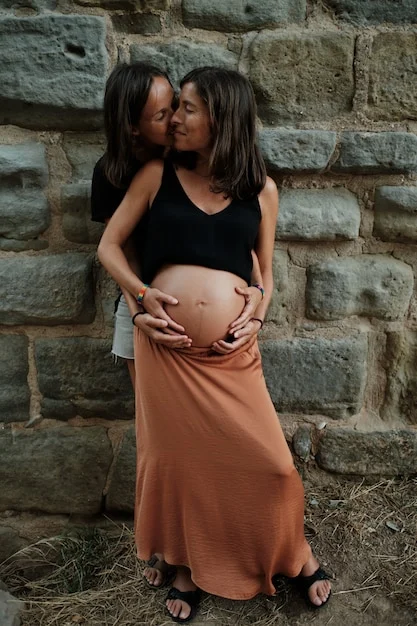My daughter, Mia, has an incredible knack for spinning tales about her dreams. Listening to her share these long, whimsical narratives—sometimes lasting over ten minutes—makes me realize they’re more like creative stories that help her connect the dots from her day-to-day experiences. It’s as if she’s curating her own little museum of memories, selecting what she finds significant and deserves a place in her heart.
These enchanting moments often occur while I’m brushing her hair or driving her to school. I find myself lost in thought, captivated by her enthusiastic chatter. I wouldn’t dare interrupt; these are precious glimpses into her world, and I consider myself truly fortunate to be part of them.
Recently, we received a formal diagnosis for Mia: autism spectrum disorder. The news hit me hard as I sat sobbing in the waiting room; I realized that this was the end of my uncertainty, a familiar fog that had lingered over us for years.
While it was always clear that something was different as she grew—sometimes not growing in ways expected—her early life was filled with anxiety in new situations. They would wash over her like a tidal wave, swallowing the safety of the known. Her only response to the overwhelming sensory overload? Epic meltdowns that left us all feeling drained.
My poor older son learned to cope with the disappointment of either me or my husband sneaking away from family events to soothe our distressed toddler. We also noticed Mia’s motor skills were slightly delayed, and she had strong dislikes for certain textures—like that princess costume that felt like sandpaper against her skin or snacks that were simply unacceptable to her taste buds.
No parent looks at these signs in their child and jumps straight to an autism diagnosis. It’s a slow and painful process filled with denial and a search for alternative explanations—clinging to them like a lifebuoy. During those difficult times, having a support system was paramount. Unfortunately, we often faced trepidation from family unsure how to interact with Mia, and judgmental comments such as, “Are you sure she just needs a different approach?” or “Just send her to my house for a week; I’ll fix her.”
We even encountered rejection from family members we’d hoped would babysit her; they found her behavior too “unpredictable.” Entire friend groups drifted away, put off by our efforts to help alleviate Mia’s anxiety and sensory overload.
It seems many are quick to judge but slow to understand. I don’t fully grasp Mia’s inner world—sometimes she retreats into herself like a flower closing its petals against the chill. Other times, her emotions burst forth, ranging from deep confusion to pure joy. I often wish others could see past their judgments to appreciate the wonder and brilliance that is my daughter. I feel grateful for her pure spirit, untouched by hate or contempt.
To me, Mia is one of my greatest educators. I hope that others come to recognize the joy, quirkiness, and mystery wrapped in her delicate being. I long for people to focus on understanding rather than judging, to offer genuine help instead of unsolicited advice, and to embrace those who are different, as they often hold a world of wonder in their dreams. I can’t wait to hear about her latest adventures while we brush her hair tomorrow morning.
For those interested in exploring more about home insemination, check out this insightful post. If you’re looking for a reliable artificial insemination kit, visit this source for guidance. Lastly, for a deeper understanding of the journey of conception, this Wikipedia article on in vitro fertilisation is a fantastic resource.
Summary
My daughter Mia, diagnosed with autism spectrum disorder, teaches me invaluable lessons about creativity, emotion, and the importance of understanding. Her unique perspective on life is a treasure, and I hope the world learns to embrace the quirks in others as I have with her.
